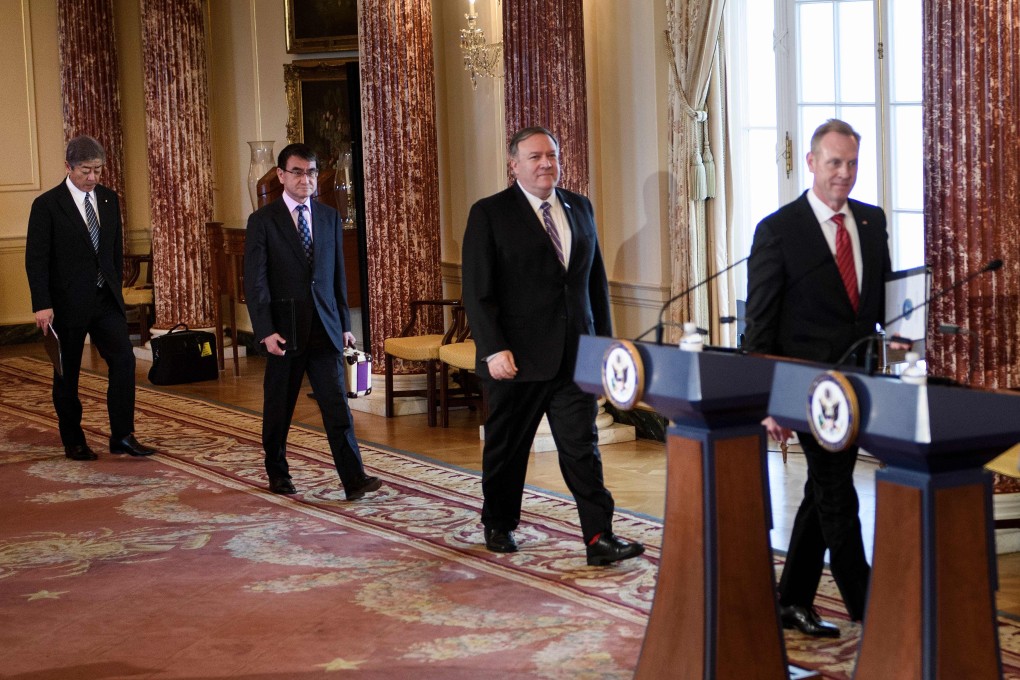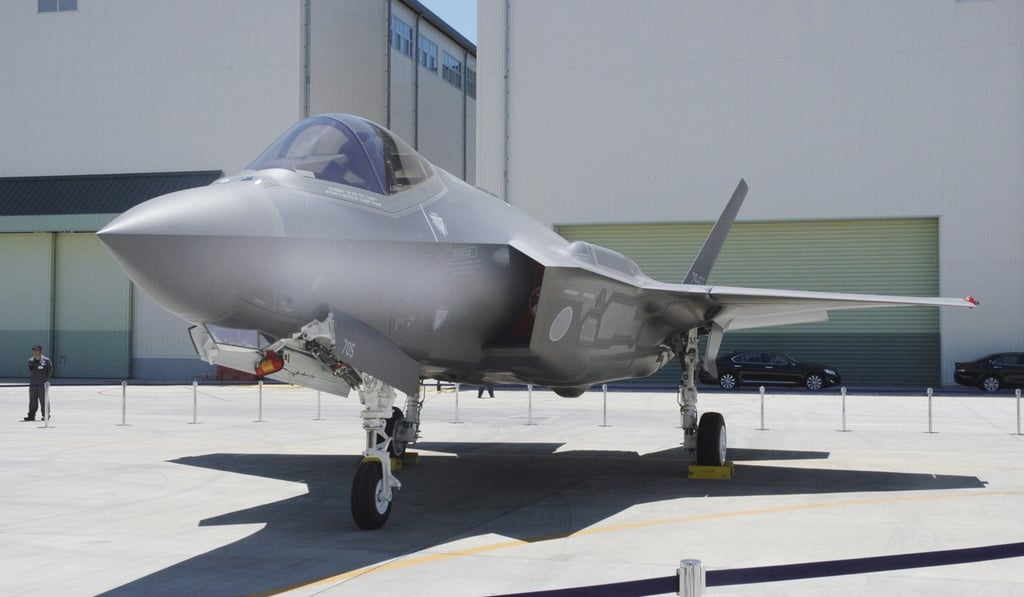US promises to defend Japan from cyberattacks under security pact
- Nations also pledged to strengthen cooperation in space and electronic warfare in response to China and Russia’s efforts to boost capabilities in those areas

Japan and the United States agreed on Friday that Washington’s commitment to defend Tokyo under the bilateral security treaty extends to cyberattacks, making it the first such affirmation between the two allies.
The foreign and defence ministers of the two countries underscored that the protection of Japan provided by the United States extends to major cyberattacks on nuclear power plants and Self-Defence Forces facilities, for example.

The nations pledged to strengthen defence cooperation in outer space, cyber and electronic warfare in response to China and Russia’s efforts to boost their respective capabilities in those areas.
“The ministers affirmed that international law applies in cyberspace and that a cyberattack could, in certain circumstances, constitute an armed attack for the purposes of Article 5 of the US-Japan Security Treaty,” they said in a joint statement issued after a meeting in Washington.
The ministers also underscored their commitment to lead international efforts in enforcing UN sanctions on North Korea – including combating illicit ship-to-ship transfers of petroleum and sales of coal and other banned commodities – to compel Pyongyang to denuclearise.